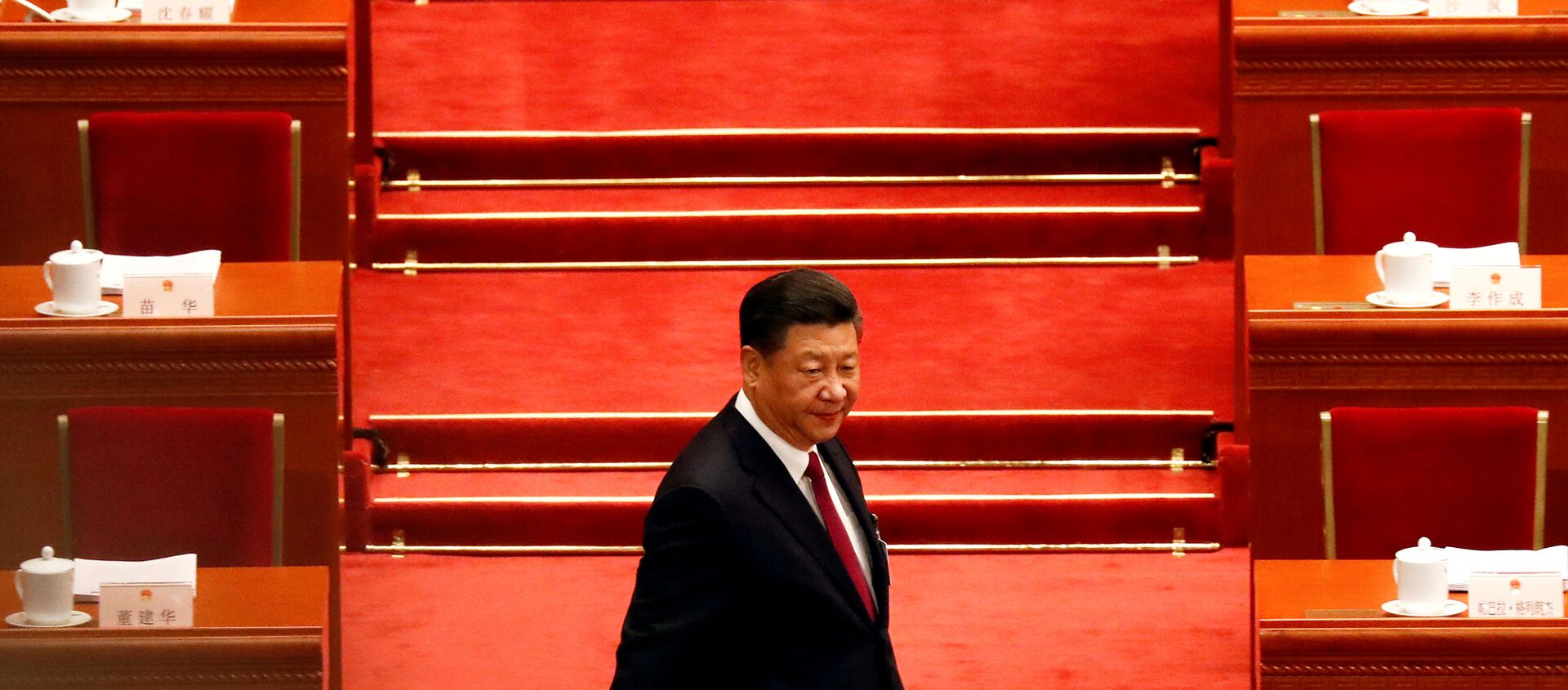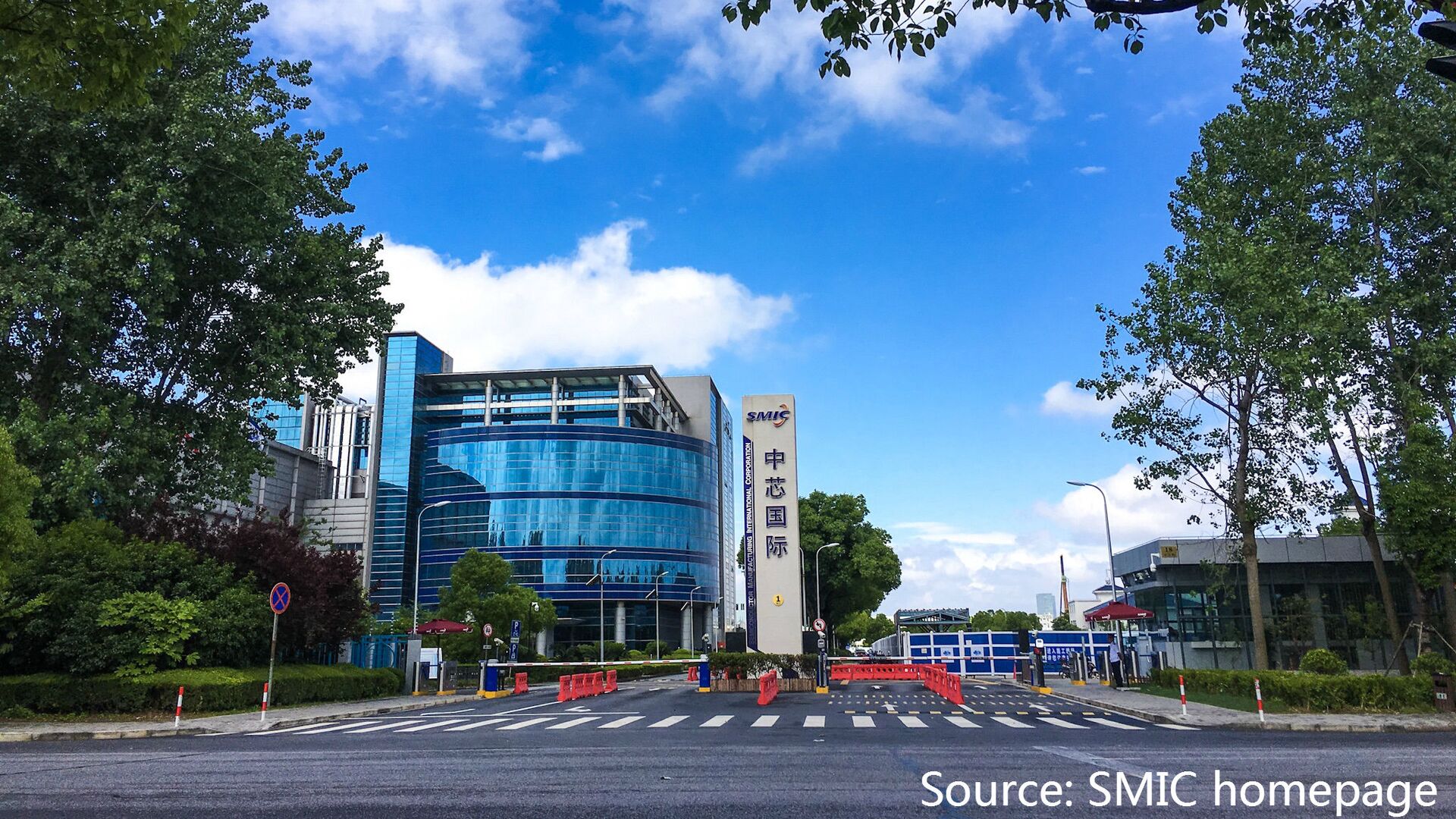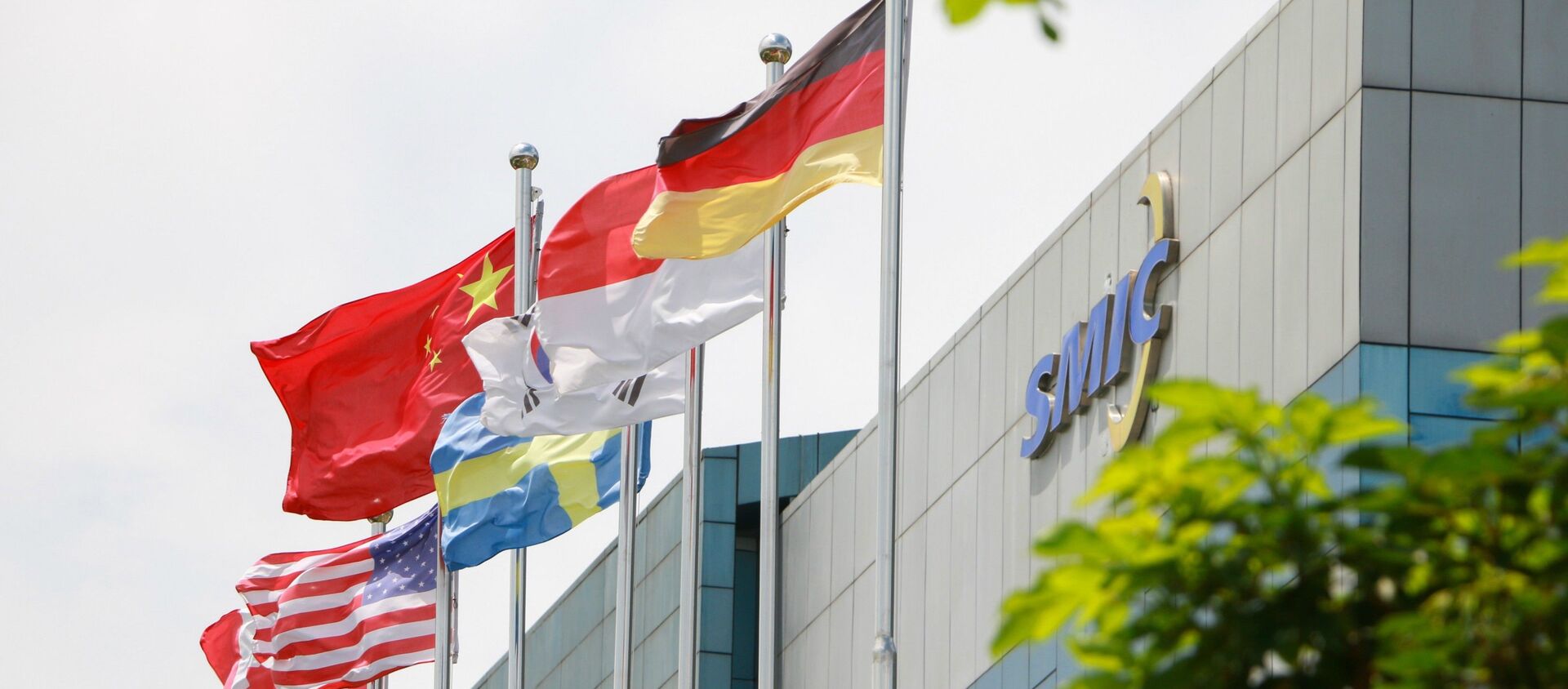There has been no exodus of clients because of the US trade war on China launched by the former Trump administration, Semiconductor Manufacturing International Corp (SMIC) said in its 2020 fourth-quarter earnings call on Friday. The Shanghai-based semiconductor firm was "working hard" with US suppliers to reduce supply chain disruptions, it said as quoted by the South China Morning Post (SCMP).
“The production capacity is tight around global foundries. Our customers, like us, can’t really change their suppliers right away. They continue to work with us to make plans for their new products, Zhao Haijun, the co-chief executive said in the call.
The chipmaker added it expected "uncertainties" after Washington blacklisted the firm via an Entity List for alleged ties to the Chinese Communist Party and military, which SMIC has repeatedly and strongly denied in previous statements.
The earnings report added that SMIC is set to invest $4.3bn this year to boost production for 8-inch and 12-inch wafers, but required licences for equipment required to do so. But revenues from advanced 14nm and 28nm chipsets plummeted from July to September after losing Huawei Technologies - one of the chipmaker's largest clients - because of US restrictions.
The company is in talks with the Biden administration over the restrictions, but analysts and business executives are uncertain whether or not the newly appointed US president will change course on Trump's China policy.

But the measures have prompted a backlash from the global semiconductor industry, namely after SEMI, an organisation representing top chipmakers such as Samsung, Qualcomm and others, urged Biden's team to reassess the restrictions.
The report comes as the Chinese State Council has launched a $1.4tn funding initiative aimed at decoupling China from foreign technologies and boosting the nation's artificial intelligence, 5G, infrastructure and green energy industries. SMIC will also work jointly with Huawei Technologies, also blacklisted by Washington, to boost mainland chipmaking standards.





